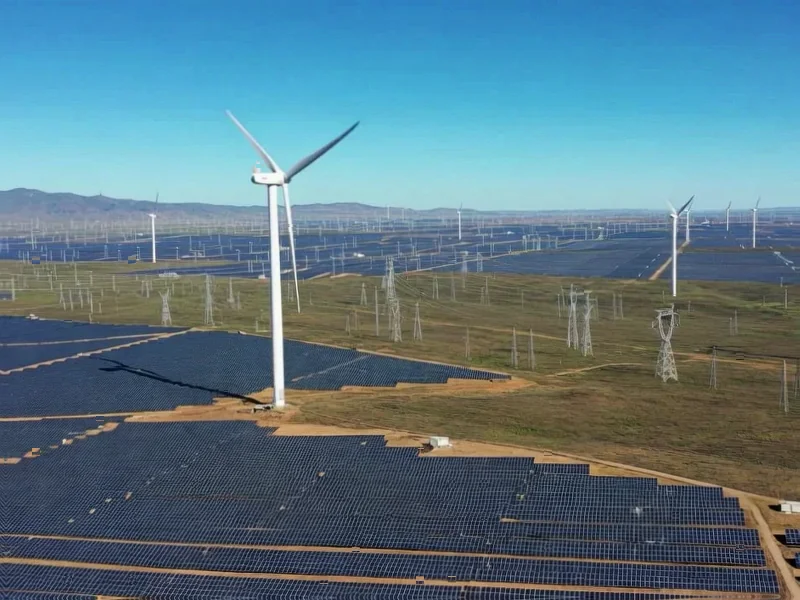According to Fortune, we’re facing an AI revolution comparable to past technological shifts and need a response as bold as Abraham Lincoln’s 1862 Land Grant Act. The publication proposes a Digital-AI Land Grant Act that would create a federal system of universities and colleges equipped to train every region for AI. President Donald J. Trump has already taken initial steps through an Executive Order establishing a White House Task Force on AI Education and a Presidential AI Challenge. However, Fortune argues piecemeal efforts aren’t enough and a national strategy is urgently needed to prevent repeating the inequality mistakes of the information technology revolution. The proposal would be funded by an education tax on companies profiting from cyberspace, treating the internet as the modern equivalent of land grants. Without decisive action, AI could accelerate wealth concentration and geographic divides rather than creating broad-based opportunity.
Why this matters now
Here’s the thing – we’ve seen this movie before. The last big tech revolution with information technology created incredible wealth, but it also deepened inequality in ways we’re still dealing with. Prosperity clustered in a few metro areas while rural, industrial, and minority communities got left behind. And AI has the potential to make that divide even worse if we don’t get ahead of it.
Basically, we’re at a fork in the road. We can either let AI development happen organically, which probably means the benefits concentrate in the usual tech hubs. Or we can be intentional about building capacity everywhere. The Fortune piece makes a compelling case that leaving this to market forces or state-by-state approaches just won’t cut it.
How it would work
The funding mechanism is pretty clever – they’re proposing what amounts to a “digital dividend” tax on companies that have profited enormously from cyberspace. Think about it: the internet was built on taxpayer-funded research, and it’s generated extraordinary wealth for tech and social media companies. Is it really that radical to ask them to chip in to prepare the workforce for the next technological wave?
This wouldn’t be some small program either. We’re talking about connecting research universities with regional and community colleges, developing regional AI ecosystems, and training everyone from cybersecurity specialists to manufacturing technicians. It’s about creating a pipeline that ensures every community has access to AI education and opportunity.
The stakes
Look, this isn’t just about economic competitiveness – though that’s certainly part of it. This is about whether AI becomes a force that divides us further or one that actually strengthens our democracy. Without a national strategy, we risk creating even deeper geographic and economic divides. We’re already seeing the early signs of this with AI talent clustering in the same handful of cities.
And let’s be honest – the trust issues are real. Many Americans are skeptical about AI, and for good reason. The proposal includes “lighthouse projects” that would let regular people – kids, families, seniors – actually experience trustworthy AI benefits firsthand. That’s smart because you can’t build public support for something people don’t understand or trust.
My take
I have to admit, the historical parallel to Lincoln’s Land Grant Act is pretty powerful. Even in the middle of the Civil War, Lincoln understood the importance of investing in the nation’s future. The question is: do we have that same foresight today?
The piece makes a compelling case, but I wonder about the political feasibility. Getting a new federal tax through Congress, even for something as important as this, would be incredibly difficult. Still, the underlying argument is sound – we can’t afford to repeat the mistakes of the past. If we want AI to benefit everyone, not just the usual suspects, we need to be intentional about building the infrastructure to make that happen.
What do you think? Is a national Digital-AI Land Grant system the right approach, or are there better ways to ensure AI doesn’t leave communities behind?




